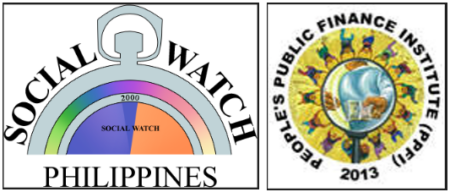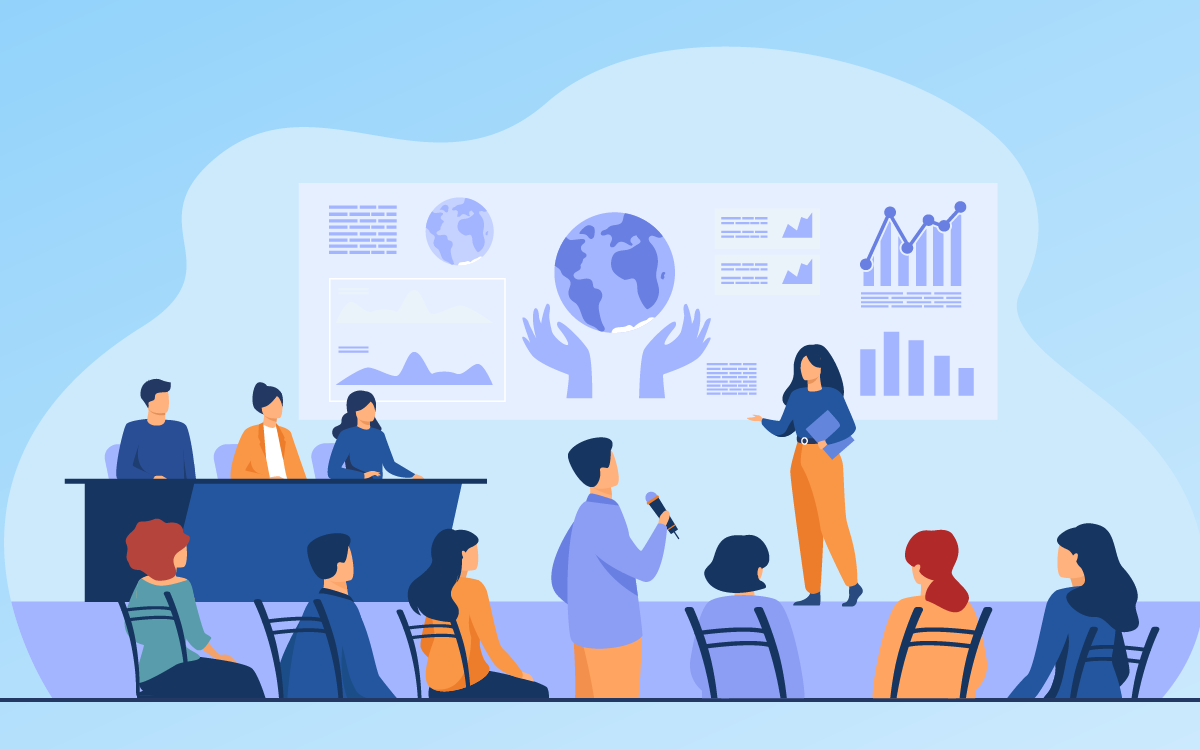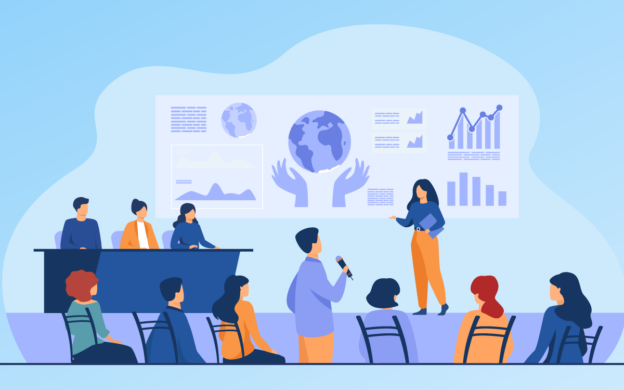| Course Outcomes | After the lecture, the participants are expected to: 1. Understand the impact of their contribution to the revenue of their LGUs. 2. Understand why public participation in public finance is crucial to development. 3. Be aware of the areas in public finance where they can participate. 4. Be encouraged to participate in the public finance processes of their local government units. |
| Outline/ Content | 1. Introduction to Participatory Governance 1.1 Rationale for public participation in governance 1.2 How can the public participate in governance? 1.2.1 Partnership between the local government executive and people’s organizations 2. Revenue Generation (tax and non-tax) 2.1 Local sources 2.2 External Sources and Bottom-Up-Budgeting 2.3 Loans and Borrowings 3. Planning and Budgeting 3.1 Rationale for planning and budgeting 3.2 Rationale for the participation of the public in planning and budgeting 3.3 How can the people participate through Local Special Bodies (LSBs)? 3.4 Planning Process 3.4.1 The Local Development Council as an important LSB 3.4.2 Drafting the Annual Investment Plan 3.5 Budgeting Process 3.5.1 Five (5) stages of budgeting 3.5.2 Alternative Budget Proposal 4. 3D and Planning and Planning and Budgeting in LGUs 4.1 Securing the LGU’s Annual Procurement Plan 4.2 Identifying a Specific Program 4.3 Checking the Financial Plan and Budget 4.4 Making a Budget Tracking Instrument 4.5 Physically Verifying the Status of the Program 4.6 Making a Budget Tracking Report 4.7 Making a Citizen’s Report Card 4.8 Reporting Mismanagement to the Ombudsman 5. Procurement 5.1 What is procurement? 5.2 The problem of corruption in procurement 5.3 An overview of the Government Procurement Reform Act 5.4 The role of an observer in the procurement process 6. People’s Participation 6.1 Brief history of People’s Participation in Public Finance 6.2 Current state of People’s Participation in Public Finance 6.3 The People’s Public Finance Institute |
Lecturers
     |
Mr. Isagani R. Serrano or “Gani” to friends was the Co-Convenor of Social Watch Philippines and a contributor to the national Social Watch reports for several years. He was the president of the Philippine Rural Reconstruction Movement and Earth Day Network Philippines. He also served as a board member of the Center for Renewable Electricity Strategies and a council member of the Sustainable Development Solutions Network – Philippines (SDSN-PH). Gani co-founded various NGOs focusing on climate change and poverty reduction. He also authored essays on civil society, environment, and development. Jessica Reyes-Cantos or “Jeck” to friends is the President of Action for Economic Reforms and Co-convenor of Social Watch Philippines. She is the Partnerships Lead in Action for Economic Reforms’ COLLABDev Project and has an advisory role in AER’s Food and Agriculture Policy Program. She co-manages Social Watch’s People’s Public Finance Institute. She earned her Economics Degree from the UP School of Economics and is currently enrolled in the UP School of Urban and Regional Development’s graduate program. Faith I. Bacon is a Family Health Program Coordinator at the Lopez Group Foundation Inc. She graduated with a degree in Agricultural Economics from the University of the Philippines Los Baños. Leilani L. Galvez is a practicing certified public accountant. She is currently a Fellow in Social Watch Philippines, the Executive Vice President of the Philippine Institute of Certified Public Accountants (Angeles City Chapter), and a member of the Board of Trustees of Women’s Education, Productivity, and Research Organization (WEDPRO), Inc. She graduated with a degree in Business Administration and Accountancy from the University of the Philippines Diliman, and is currently completing her master’s degree in Public Management – Local Government Administration at the University of the Philippines Online University. Dr. Cielo Magno is an Associate Professor of the University of the Philippines’ School of Economics and a Senior Fellow of Action for Economic Reforms. She leads the Policy Lab of the COLLABDev Project of AER. She completed her Masters degree in Economics from the University of the Philippines School of Economics and a PhD in Law and Public Policy from Northeastern University in Boston, Massachusetts. |

Participatory Public Finance
| Recommended Readings |
MG Cruz-Sta. Rita, C Magno, L Galvez & J Reyes-Cantos. Culp, L. 2020. PB IN PH: Using Participatory Budgeting to Franklin, A.L, & Ebdon, C. 2020. Participatory Budgeting in the Department of Budget and Management – Philippines. n.d. |



